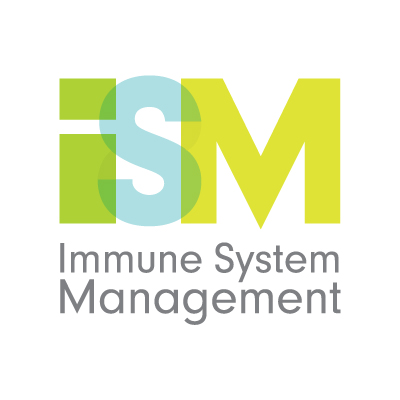The Canadian Naturopathic Association is a not-for-profit professional association representing the interests of naturopathic doctors and promoting naturopathic medicine throughout Canada. Its membership consists of naturopathic doctors, naturopathic medical students, suppliers of natural remedies for professional use, and the provincial naturopathic associations.
The Alberta Association of Naturopathic Practitioners has a web site called:Naturopathic Medicine Alberta. This site offers access to a list of practitioners in the province with contact information and brief practice notes that give you an idea about the type of practice of each person listed. There is not a lot more than this on the site at the time of listing.
The BCNA, a professional association for naturopathic doctors in British Columbia, has a web site: Naturopathic Medicine. The association offers articles about naturopathy through its web site, health news with a BC focus and access to information about naturopathic education. The association also provides client referrals to naturopathic doctors throughout the province.
The Annie Appleseed Project was created by a woman with cancer who wanted to be able to make educated and informed choices about the various therapies available to her. The project acts to spread news, views and information about access to alternative cancer therapies. Much of the information on the site comes from clients. There are many useful resources on this site; among them are links to other sites where useful information about alternative therapies can be located.
Information Resource: About Herbs, Botanicals & Other Products: This site provides objective information for oncologists and healthcare professionals, including a clinical summary for each agent and details about constituents, adverse effects, interactions, and potential benefits or problems. Evaluations of alternative or unproved cancer therapies are included.
Unconventional Cancer Therapies: Manual for Clients is a publication of the BC Cancer Agency. The manual offers a great deal of information on a variety of cancer treatment modalities in order to assist the client in critically evaluating claims made by proponents of unproven or unconventional cancer therapies. It is arranged simply in alphabetic fashion by the names of the therapies covered. Entries are standardized so that you can quickly find the claims that are made for the therapy and the possible toxic effects of treatment, among other kinds of information. References to publications for further reading are often available.
The M. D. Anderson Cancer Center Complementary/Integrative Medicine Education Resources contains evidence-based reviews of complementary or alternative cancer therapies as well as links to other authoritative resources. The website is offered to help clients and physicians decide how best to integrate such therapies into their care.
cancer.gov, from the U.S. National Cancer Institute now includes a section onComplementary and Alternative Medicine, providing information for alternative therapies, as it does on cancer, in general. Under the general heading:Complementary and Alternative Medicine you will find entries for topics such as: 714-X, Cancell, Coenzyme Q-10, Shark Cartilage, Gerson Therapy, Laetrile, Mistletoe and more. Each entry is thoroughly researched and has lots of references to other sources of information. A note indicates that the information has been compiled for use by doctors and other professionals, but explanations of the technical terms used are available and a confidence level for the evidence given is shown.
National Center for Complementary and Alternative Medicine (NCCAM): One of the 27 USA institutes and centers that make up the National Institutes of Health (NIH). It is dedicated to exploring complementary and alternative healing practices in the context of rigorous science, training complementary and alternative medicine (CAM) researchers, and disseminating authoritative information to the public and professionals.

